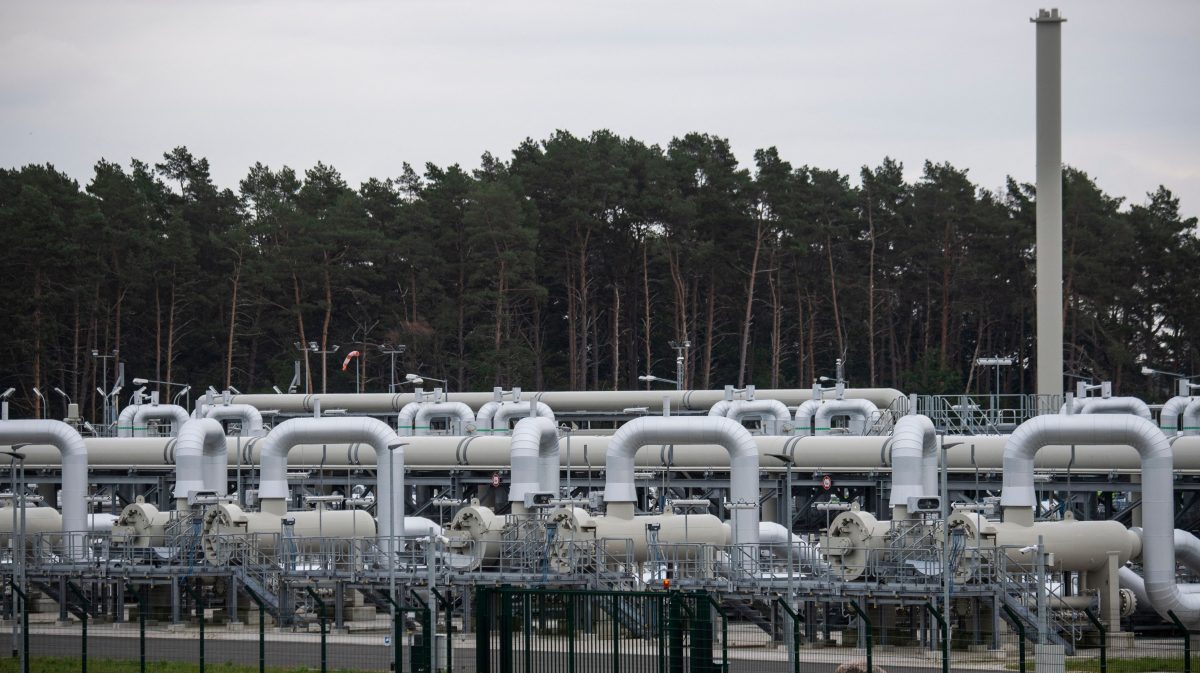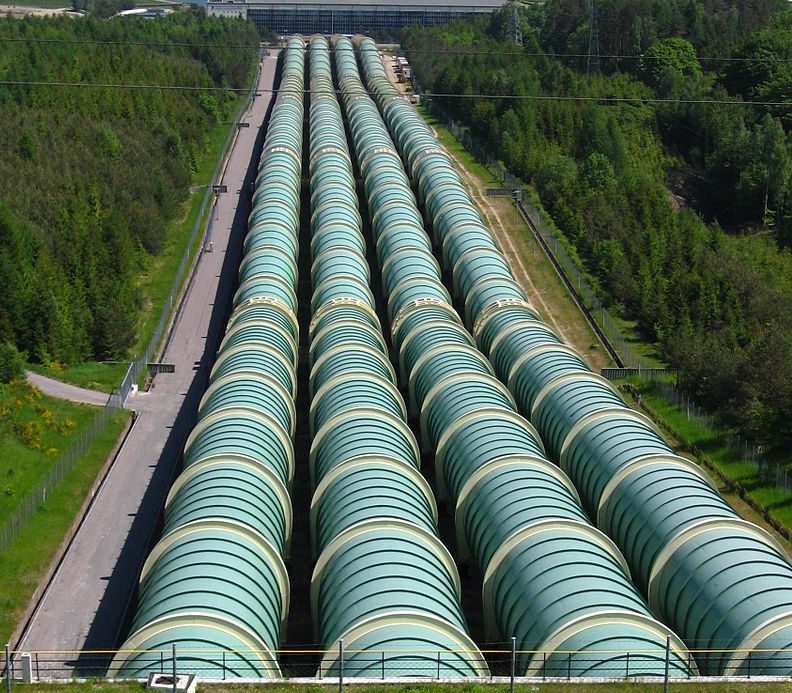Last September, construction companies completed construction of a natural gas pipeline from Russia to Germany across the bottom of the Baltic Sea. The pipeline is called Nord Stream 2 and would double the amount of Russian gas available to German customers – and avoid the pipeline that currently carries Russian gas through Ukraine.
But Nord Stream 2 has been sitting idle; Ukraine, the European Union and the US have all objected to the pipeline, and German officials have suspended the process of getting it certified for online operations.
Today, the pipeline’s backers did what German regulators asked for – they registered a subsidiary that would oversee the part of the pipeline on German soil.
Nord Stream 2 and all the back-and-forth about it is very much part of the ongoing tensions between Russia and the western allies over Ukraine.
Since the Nord Stream 2 pipeline was announced in 2015, German officials have described it as a commercial endeavor. Daniel Fried was US ambassador to Poland in the Clinton administration and helped lead the West’s response to Moscow’s invasion of Ukraine in 2014.
“For Germany it’s about a secure gas supply because they want to get out of nuclear power and get out of coal. So you need natural gas. So what’s the problem?” Fried said.
“The problem with this view is that Putin sees gas as a weapon,” he added.
Germany currently gets around 75% of its natural gas from Russia. Much of it flows through pipelines in Ukraine, which charge for the privilege.
According to Tufts University’s Chris Miller, Nord Stream 2 would allow Russia to avoid paying Ukraine, but that’s not the point here.
“I think it’s wrong to focus too much on a billion dollars here or a billion dollars there in the European energy markets. That’s actually not a big sum when it comes to global gas trading. And it’s certainly not a large sum of money given the implications of a huge war between Russia and Ukraine,” Miller said.
Miller said that for Russia, these decisions are about geopolitics, never about market efficiency.
For the Germans and the rest of Western Europe, more gas would relieve the energy market and fuel prices would likely fall.
Like the other countries of the Paris climate agreement, Germany is trying to change its energy mix.
Kristine Berzina of the German Marshall Fund says Germans have been calling Russian gas the least bad energy option for years.
But now, as political tensions escalate, German officials must make some decisions.
“So the question will boil down to this: How is Germany prioritizing its climate goals, its nuclear phase-out goals and its geopolitical and security policy goals now?” said Berzin.
In her opinion, it will decide where Germany ends up on this list of priorities, whether Nord Stream 2 goes online or remains dormant at the bottom of the Baltic Sea.




